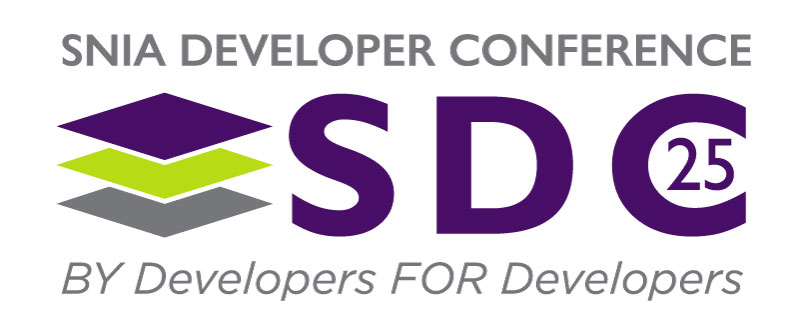Amazon S3 is one of the oldest and most widely used object storage services, and its API has become the industry standard for object storage. Ensuring compatibility with Amazon S3 API is crucial for object storage developers who want to benefit from the wide ecosystem of the existing applications. However, achieving 100% compatibility can be challenging due to the complexity and variety of S3 APIs, access control mechanisms, and performance and scalability requirements. In this talk, we'll classify and analyze a variety of incompatibilities found with some of the "alternative" S3 implementations. We'll discuss specific examples of existing discrepancies, such as missing or incorrect response headers, unsupported API calls, and unexpected behavior, and describe the implications they have on actual client applications. Finally, we'll provide some tips and best practices for achieving better S3 compatibility. This analysis is based on years of experience with implementation, deployment and evaluation of a variety of object storage systems on the market. Attendees will leave with a deeper understanding of the challenges of achieving S3 compatibility and how to address them in their own applications.
Beyond S3 Compatibility Claims: A Deep Dive into Real-World Incompatibilities
Gregory Touretsky
Seagate
Abstract
Learning Objectives
- Strategies for mitigating or working around S3 incompatibilities
- Best practices for developing S3-compatible storage systems
- Tips on scalability and performance of S3-compatible storage systems
- An understanding of how S3 compatibility (or a lack of it) can impact customer adoption and satisfaction
Related Sessions
